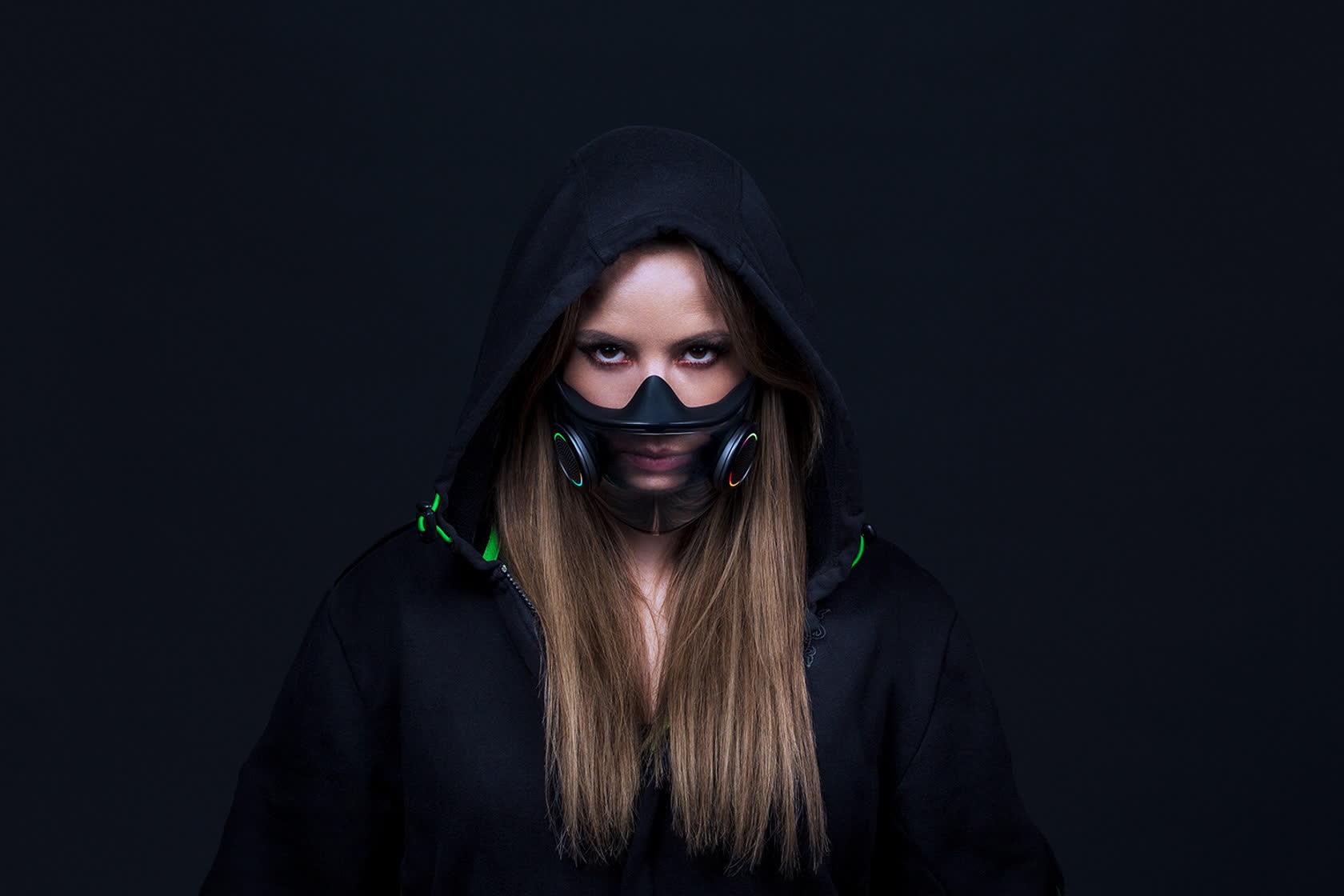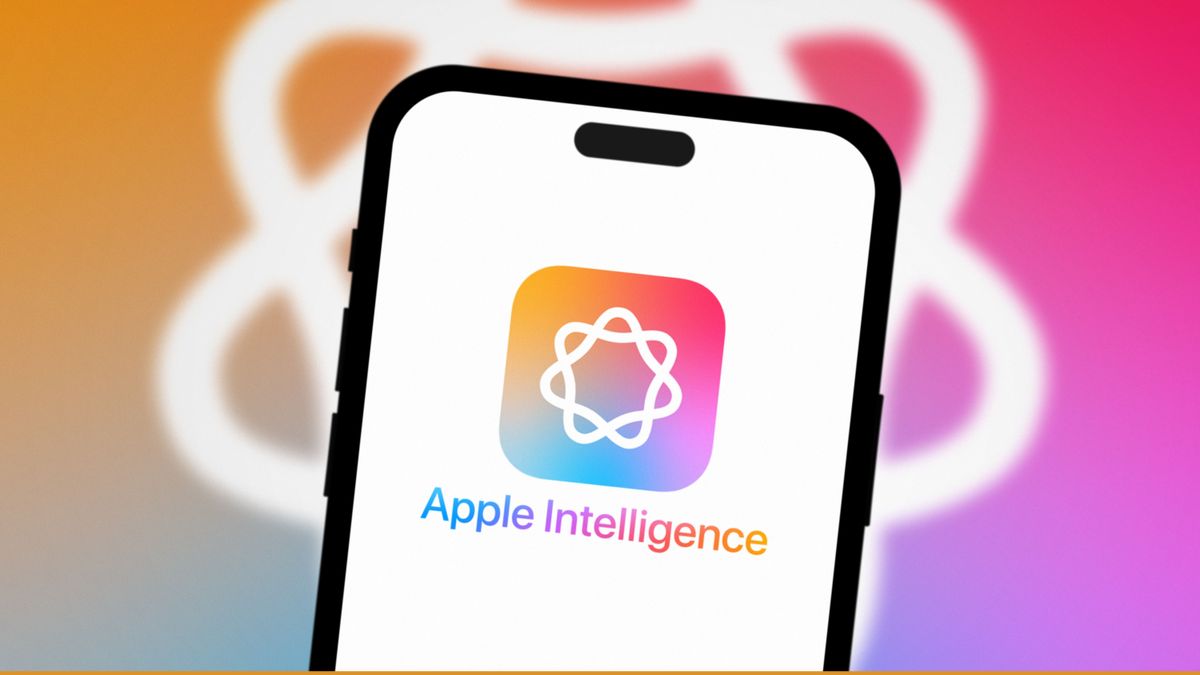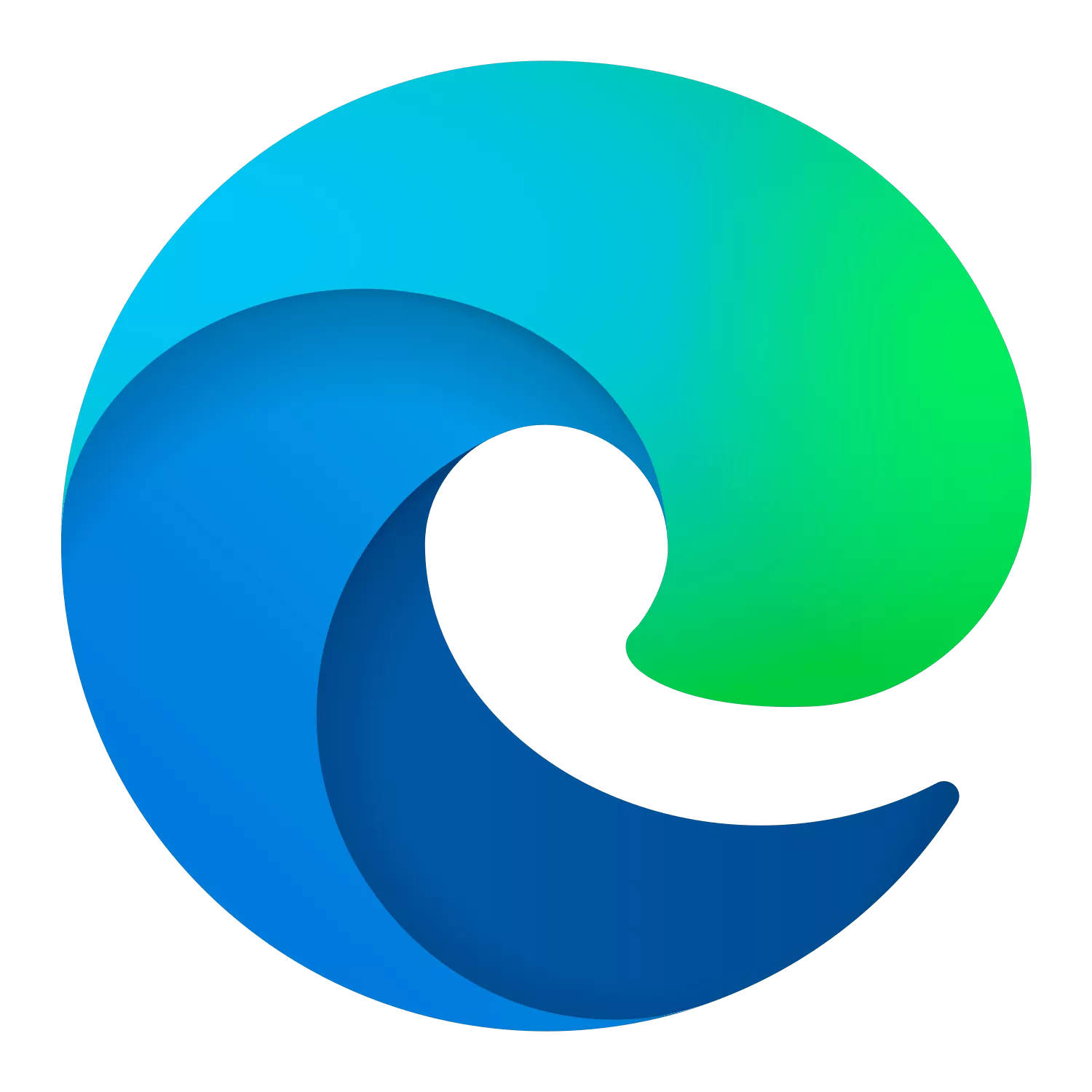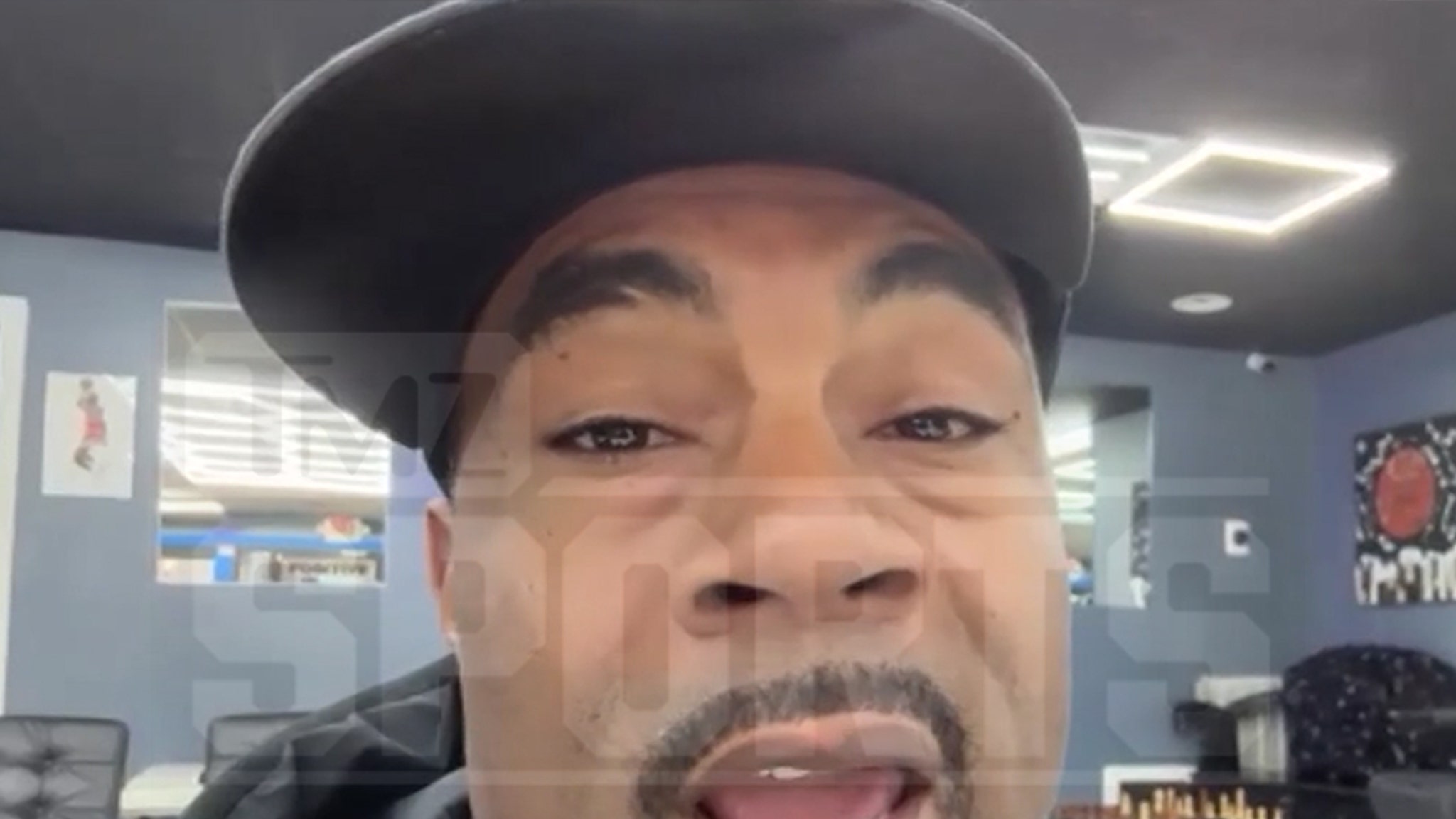Serving tech enthusiasts for over 25 years.
TechSpot means tech analysis and advice you can trust.
What just happened? Good news for buyers of Razer Zephyr masks who regret their purchase (i.e., everyone): The FTC says it is fully refunding 6,764 consumers who bought the mask after reaching a settlement with the gaming hardware giant, which has set aside a $1 million fund for the repayments.
The FTC will be sending checks and PayPal payments to buyers of what it calls the deceptively marketed product. The agency writes that consumers should cash their check within 90 days, as indicated on the check, or redeem their PayPal payment within 30 days.
Buyers are not required to file a claim as the FTC will send out payments based on records received from Razer.
Consumers who have questions about their payment should contact the refund administrator, Simpluris, at 1-833-285-3003 or visit the FTC's website.

To ensure nobody falls for any scams, the FTC notes that it never requires people to pay money or provide account information to get a refund.
The Zephyr began life as a CES concept called Project Hazel in 2021, when Razer said it was working with a team of medical experts and scientists to ensure the mask met Covid-19 protection standards.
Razer confirmed that the mask would become a real product a few months later. It launched with the new Zephyr name in October 2021 at $100 for the mask and three sets of filters, or $150 for a mask with 33 sets of filters. Razer also sold packs of ten filters separately for $30. The mask sold out within minutes, though bots likely played a part.
The masks were only sold for a few months, until January 2022, while the filters were on sale until July 2022.
Razer said the "N95-grade" mask had 99% BFE (bacteria filtration efficiency) and could filter 99% of air particles that are 0.3 microns in size. The Centers for Disease Control and Prevention states that N95 masks are supposed to filter out at least 95% of airborne particles.
But tech reviewer Naomi Wu discovered that the mask lacked National Institute for Occupational Safety and Health (NIOSH) certification, which requires an entire product to block at least 95% of airborne particles, not just the filters. The FTC found that Razer never submitted the Zephyr to the FDA or NIOSH for testing, and it was never certified as N95 grade.
Razer did use a contractor to test the masks, which found that it failed to perform to the N95 standard. Its best filtration results were 86.3% with the fans on, 83.2% with the fans off, and its results frequently fell below this standard.
Razer, Inc. to pay more than $1.1 Million for misrepresenting the performance and efficacy of supposed "N95-grade" Zephyr face masks: https://t.co/Chyr6tfwPd
– FTC (@FTC) April 29, 2024Last April, the FTC announced that Razer would pay more than $1 million to provide full refunds to Zephyr buyers nationwide, as well as a $100,000 civil penalty. The company said at the time that it was "never our intention to mislead anyone, and we chose to settle this matter to avoid the distraction and disruption of litigation and continue our focus on creating great products for gamers."
Razer also said it had refunded customers more than two years ago, but the FTC lawsuit said the company provided refunds for less than 6% of people who bought the mask in the US.
"Defendants did not promote that [refund] policy in its January emails to consumers or on its website," the FTC said. Moreover, in an email sent to Zephyr buyers in which Razer admitted that its product was not an N95 mask, the firm "did not invite or otherwise indicate that consumers […] could request a refund from Razer."
Many who did apply for refunds were refused on grounds including the mask being out of its 14-day return policy, and that they had used the disposable filters.









 English (US) ·
English (US) ·